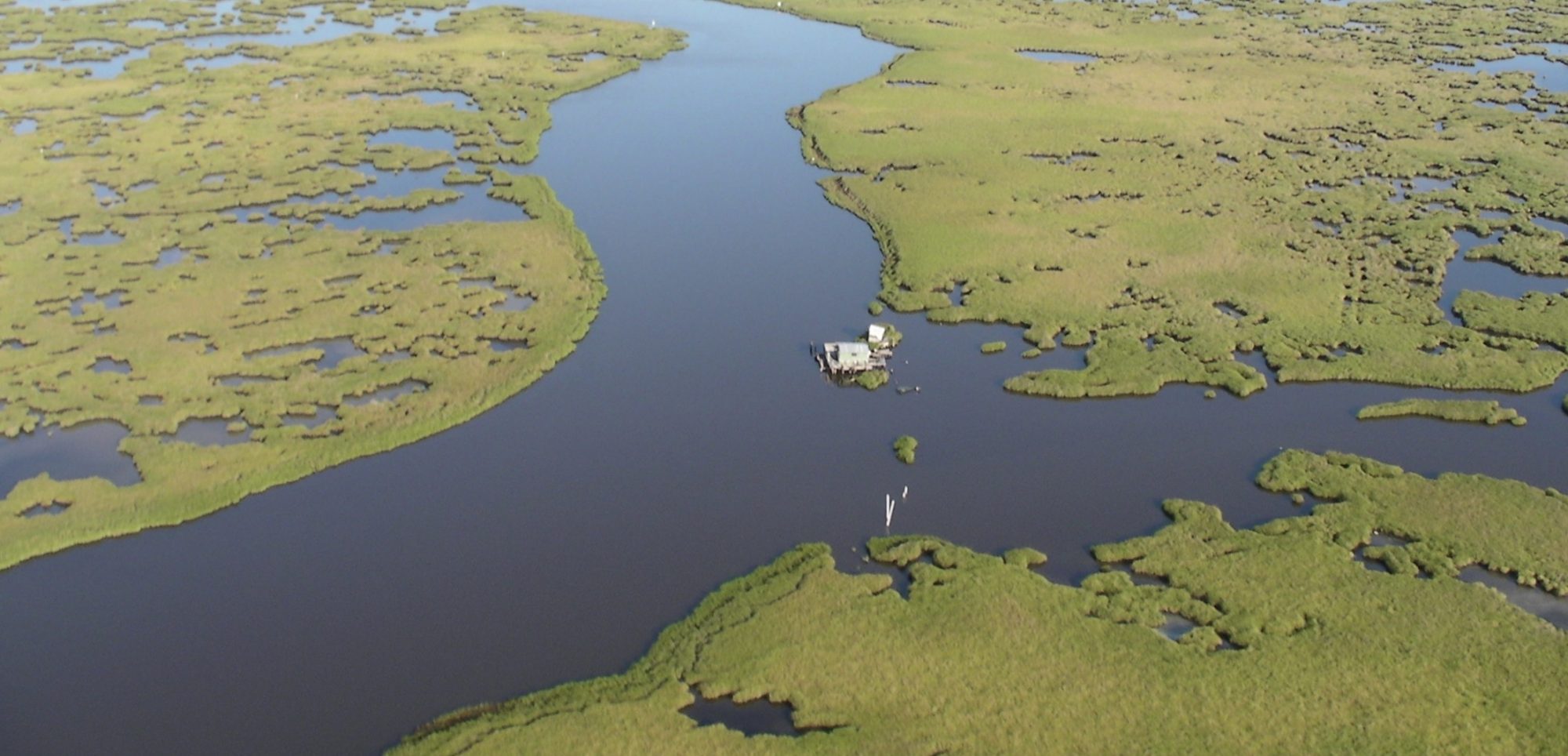
M.S. Candidate, University of Maryland
Conference Travel Grant Type 2 (Society of Wetland Scientists)
Effects of Eastern mudminnow presence on macroinvertebrate communities of Delmarva temporary freshwater wetlands
“Fish play a substantial role in aquatic food webs through predator-prey interactions, yet little is understood about the impact of feeding activities of small stream fish that enter wetlands during periods of hydrologic connectivity. Macroinvertebrates are essential to the functioning of wetland ecosystems, so it is important to know how fish could be affecting that community through diet preference. The goal of our study was to determine the potential of the Eastern mudminnow (Umbra pygmaea) to significantly affect the structure of macroinvertebrate communities of temporary wetlands found on Maryland’s Eastern Shore. Research was conducted at the Nature Conservancy’s Jackson Lane Preserve in Caroline County.
The specific objectives of the research project were: to test common wetland macroinvertebrate species as food for Eastern mudminnows through no-choice diet experiments; to compare the gut contents of Eastern mudminnows collected in a stream and a wetland; and to determine the consequence of Eastern mudminnow presence through a BACI-designed fish introduction involving a macroinvertebrate community comparison of two wetlands in time after a fish population was introduced to one of the habitats.
Preliminary results of the no-choice diet experiments indicate that Eastern mudminnows are generalist invertivore feeders, consuming all taxa tested, and they have the potential to directly affect multiple trophic levels. However, the gut content analysis suggests that Eastern mudminnows have a narrower diet breadth, since gut contents consisted primarily of microcrustaceans and chironomid larvae (both primary consumers). Results of the community comparison between fishless and fishbearing wetlands, currently in progress, will help determine direct and indirect effects of Eastern mudminnows across trophic levels.
Fish presence in wetlands could have significant ecological consequences, so this research contributes to the general understanding of feeding activities of fish in wetlands, and it could assist with management decisions involving wetland restoration projects and fish occurrence. ”
